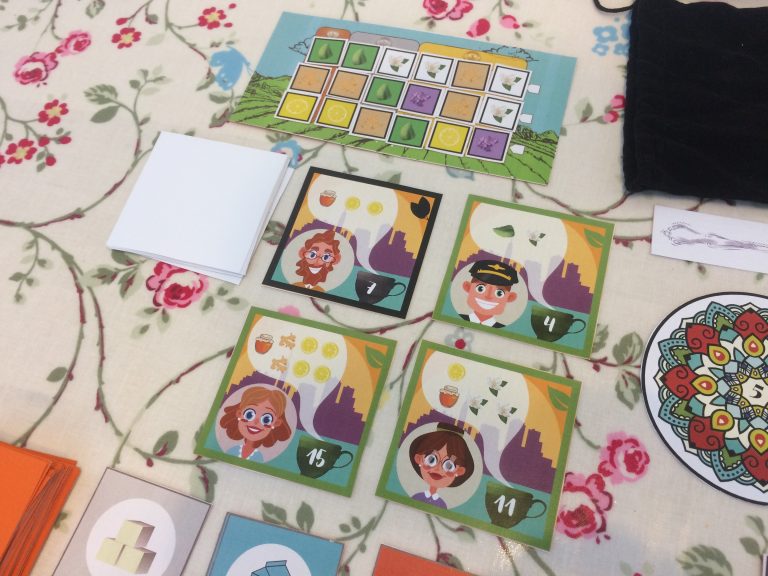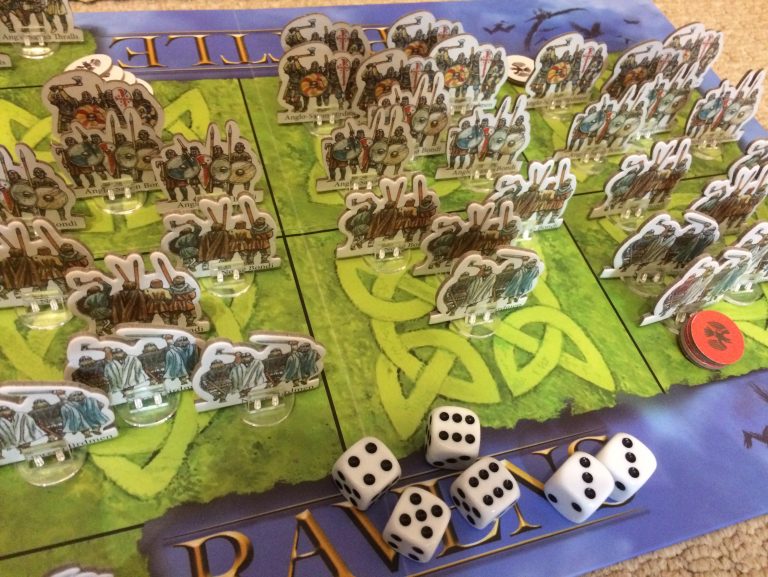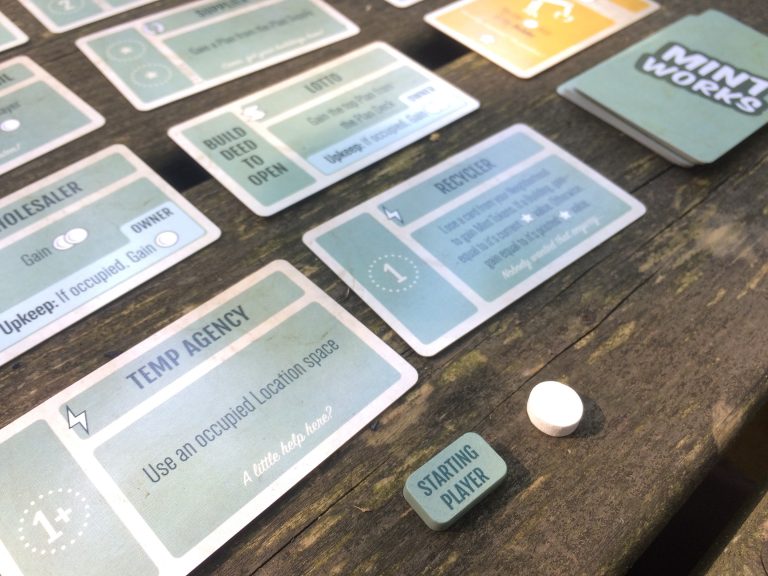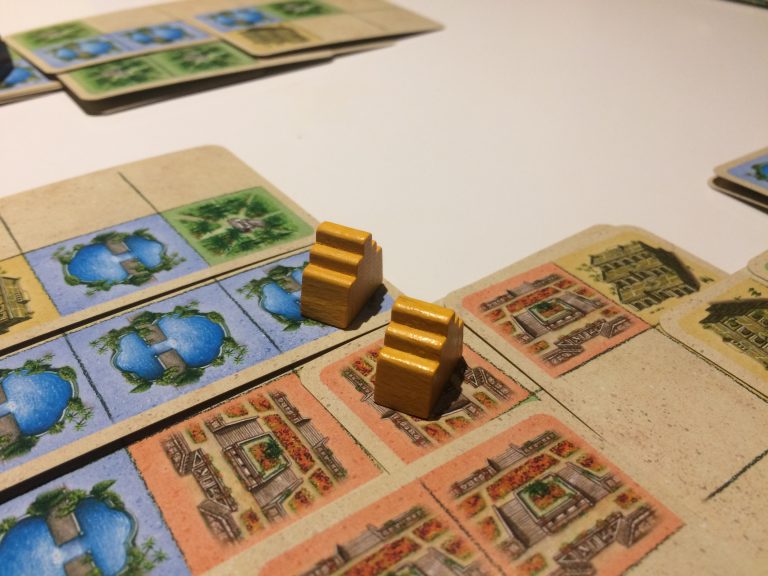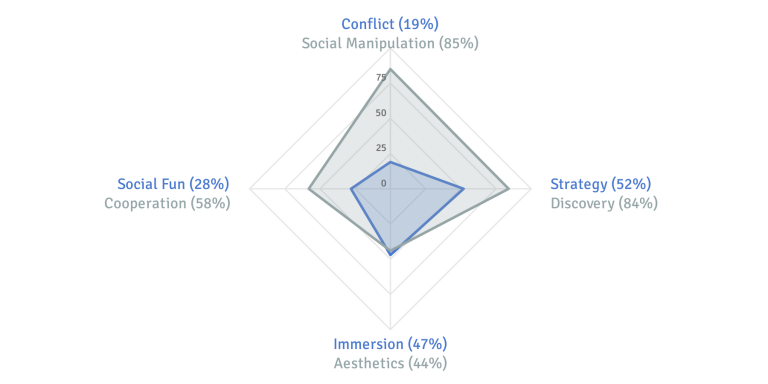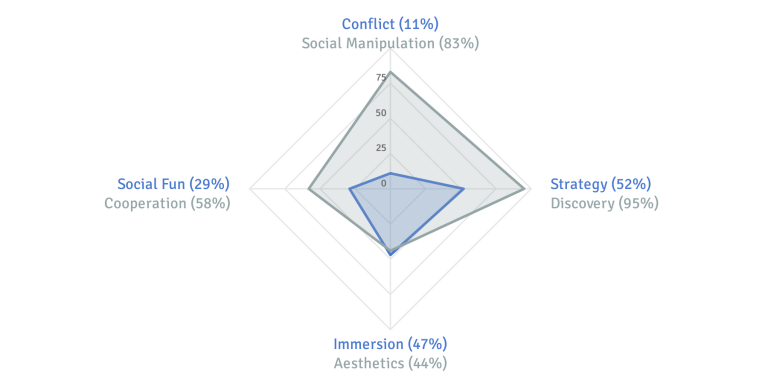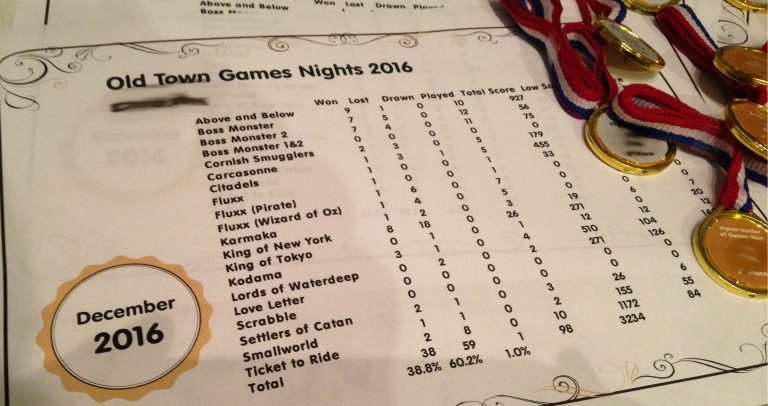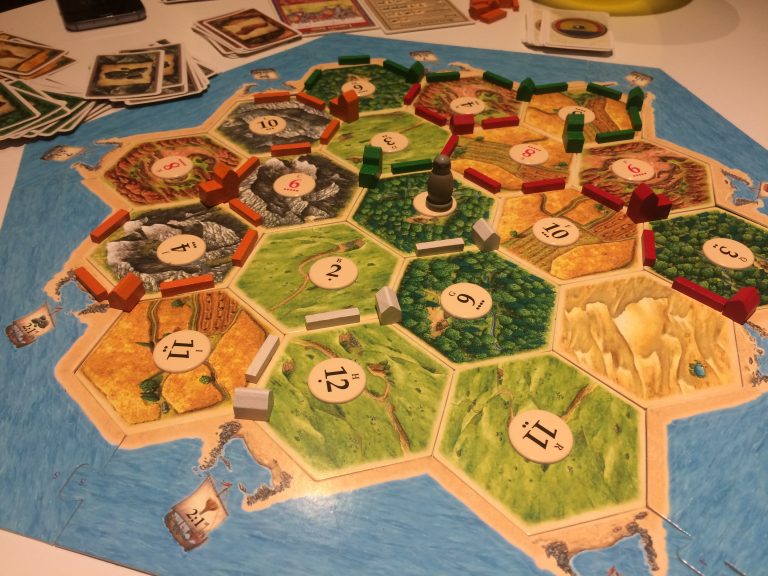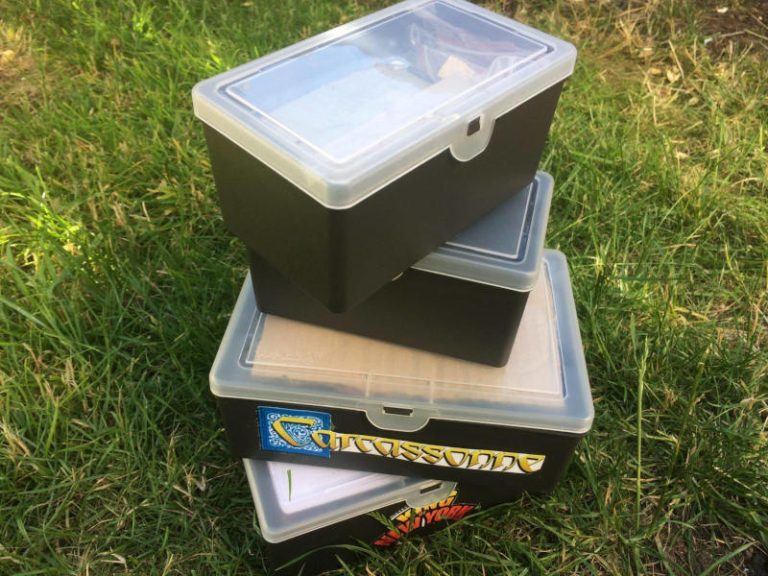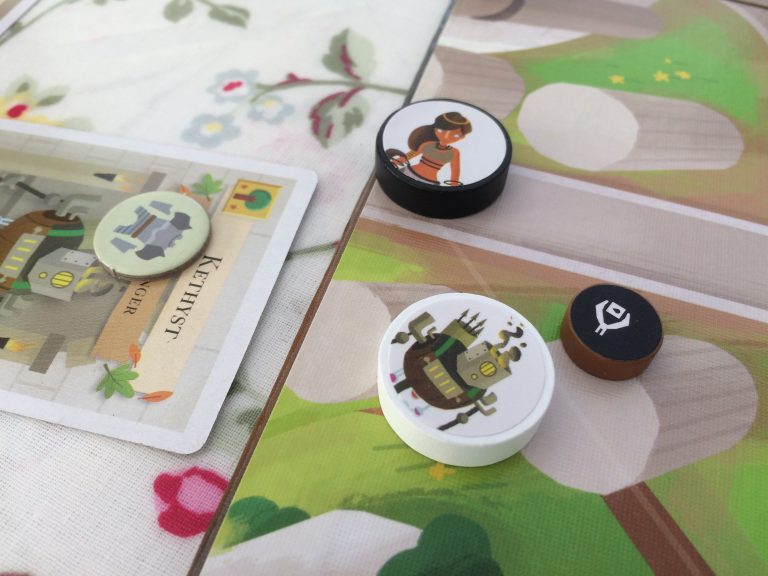Chai (Saturday Review)
I had the pleasure of trying the prototype PnP version of Chai by Deep Aqua Games, which is due to launch on Kickstarter on 4 December, so keep an eye out for it. The aim of the game is to collect resources, in this case flavours and additives, to fulfil the outstanding tea orders for customers, which give you points. It's the classic mechanism of completing contracts or quests, like in so many other games. However, the twist is how you collect your resources from the market, which creates a really interesting puzzle which forces you to think ahead and work out what you need versus what other players may need.

